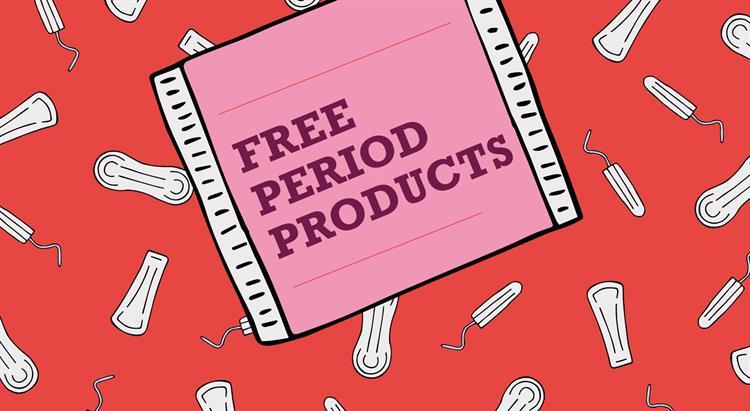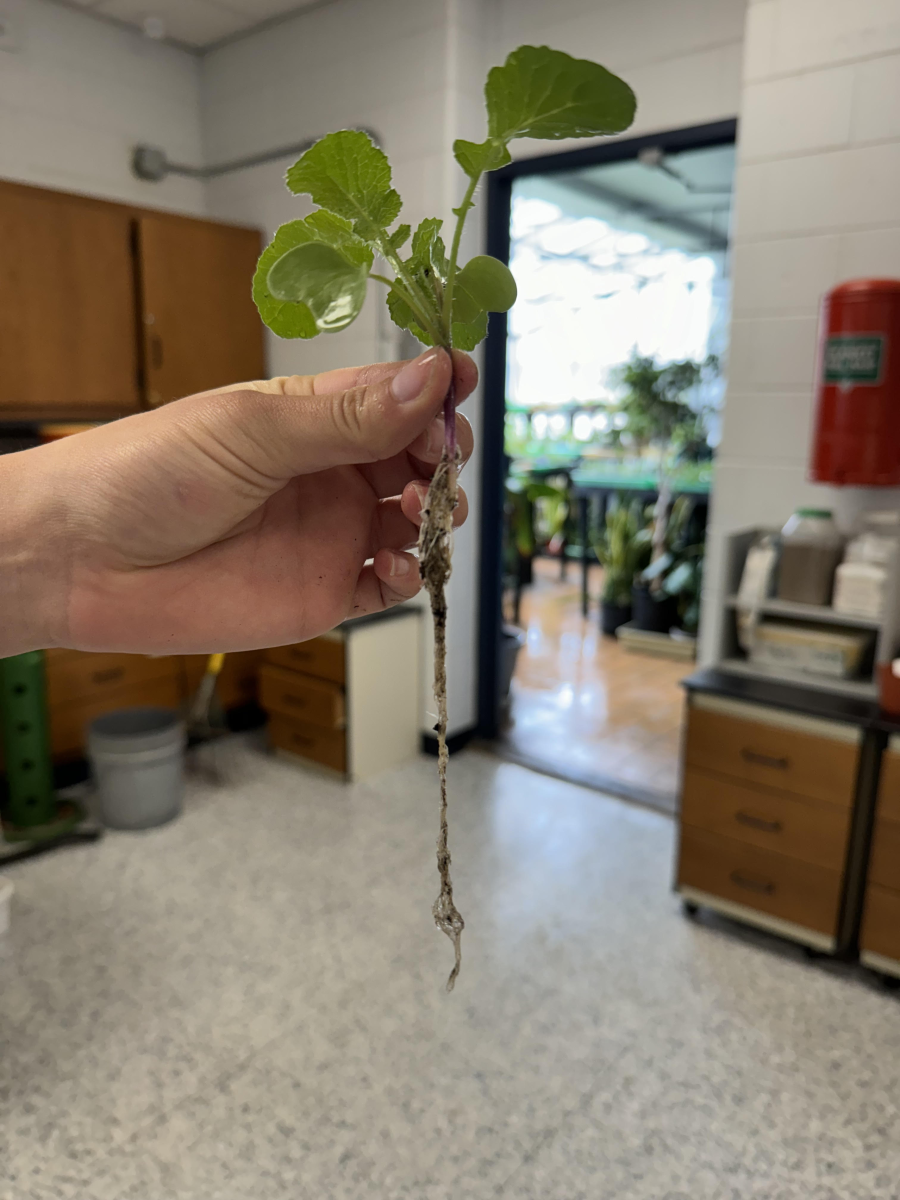‘24
In May 2022, a bill (S1221) was proposed to the NJ state Senate Education Committee that would require public schools, that serve grades 6-12, to offer free tampons and pads to students. The Office of Legislative Services in New Jersey estimated the cost to be about $750,000 per year. Backlash came from critics, like State Senator Michael Doherty, R-Warren, who raised concerns that it would require tampons to be in the boys’ bathroom, causing taunting or damage to school property (ie. clogging the toilets with tampons).
The S1221 bill aims to address period poverty, also known as lack of access to menstrual products, sanitation facilities, and adequate education in regards to hygiene. The State of the Period report (funded by Thinx, a period underwear company, and PERIOD, an organization that distributes period products to those in need) found that “one in five American girls miss all or part of the school day” because of their period. If students are unable to use or purchase period products, they’re more likely to miss school because they’ll bleed through clothes and onto furniture.
Damaris Pereda, the national programs director of PERIOD, said in an interview with NPR, a nonprofit media organization, that “This country already expects schools to provide toilet paper and soap. Why shouldn’t students who menstruate have the same access to basic supplies? So that if something happens, they just go to the restroom and get their things and continue to live their lives.”
During the same period that this bill was proposed, a similar one was proposed to the Assembly for Women and Children Committee to cover sanitary products under Medicaid, SNAP, and WIC programs. None of these programs have made it past the elementary level — not yet reaching Congress. However, 37 total states have introduced period equity bills, legislation that provides equal access to period products, demonstrating that Americans have an interest in improving access to sanitary products.
At the moment, the RIH district doesn’t provide free tampons and pads in all of the restrooms. If a student needs a sanitary product, they must go to the nurses’ office for a sanitary product. Mrs. Wasserman, school nurse, elaborates, saying, “We constantly supply [period products] and there are two cabinets in each [of the two] bathrooms. We have clean underwear that’s in our ‘bad day box’ too.”
While the current efforts are appreciated and should be considered a step in the right direction, students lose valuable instructional time from going to the bathroom, back to class to ask permission to go to the nurses’ office, and to the nurses’ office. What could be a 3-minute bathroom trip becomes a 15-minute one. Periods can be a barrier to education because of this.
During an English delegates’ meeting issues such as the previous were considered. As a pilot program, Mrs. Johnson and some students put period products in the 700 hallway girls’ bathroom, because it’s the furthest bathroom from the nurses’ office. Despite the apparent want of pads and tampons to be in the bathrooms, the pads were found stuck on the walls and used to clog the toilets, causing the restroom to be closed for maintenance for a few days. Mrs.Wasserman said that she has “never” seen this behavior in the nurses’ restrooms. She adds, “I think it’s just because it was new there and people were being silly. […] I think that if it were in a container instead of a basket it might be better.”
Students are continuing to speak up about this issue, bringing it to the attention of the administrators. The future of the free period product program is determined by how students and other community stakeholders respond.







